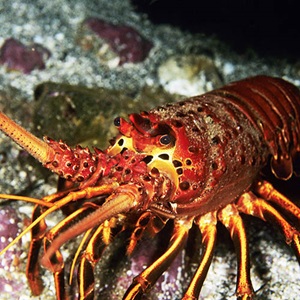A Transition Assistance Fund grant will help this productive and regionally important fishing cooperative secure the sustainability of its stock, the ecosystem and the future of their community.
- Improve performance around biomass and abundance while optimising yield
- Support the improvement of a regulatory framework and its application
- Promote capacity building through the organisation for better fishery management
Start date: October 2023
£49,999.95 GBP
Transition Assistance Fund
Awardee
Pronatura Noroeste
Fishery
Mexico North Pacific barred sand bass pot & trap
Progressing towards certification
The Mexico North Pacific barred sand bass pot and trap fishery is a member of The Regional Federation of Cooperative Societies of the Fishing Industry Baja California, FCL (FEDECOOP). The fishery hopes to make improvements to its practices and move toward assessment to the MSC Fisheries Standard in early 2026.
The barred sand bass (Paralabrax nebulifer) fishery is artisanal and works along approximately 150 km of the western coastline on the central Baja California Peninsula. A portion of the fishing zone is inside of the Biosphere Reserve El Vizcaíno Natural Protected Area. The volume of its catch makes the fishery the third most important in Baja California Sur state; it has recorded more than 2,800 tons catch annually and is worth $1.2 million USD.
Now part of the In-Transition to MSC Program, the fishery harvests using traps from small vessels. It spends up to six hours fishing and journeys up to 25 nautical miles per day. A community-based quota allows either around 300 kg and/or a schedule in which to land catch. Though the fishing season runs throughout the year, the warmer months are the most productive and fishing effort is concentrated in this time.
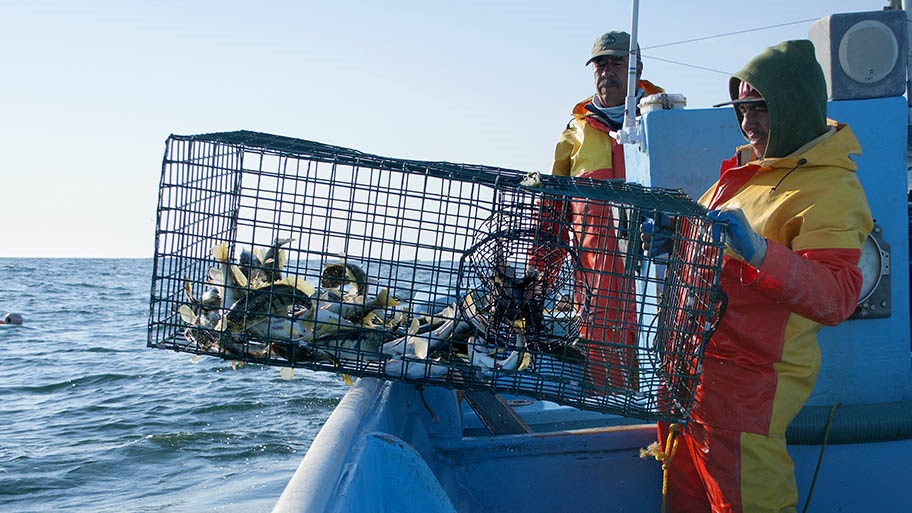
© Yohena Reya / Pronatura Noroeste
“This funding will enable us to enhance evaluation models and develop management strategies to ensure the resource's long-term sustainability, provide economic benefits for dependent communities and make fishing data available to the scientific community, thereby contributing to the conservation of marine ecosystems.”
Pronatura Noroeste
What the project will do
Under the supervision of fisheries research institute IMIPAS, and NGO Pronatura Noroeste as FIP leads, the fishery will use its grant to meet several sustainability goals. These include:
- Developing and implementing a harvest strategy,
- improving the fishery’s information and monitoring system,
- stock assessment, and
- defining harvest control rules and tools.
There is a closed season proposal led by IMIPAS that will limit fishing effort from year-round to a formally defined period. To aid the management strategy, information from monitoring will be used for models that include environmental variables to infer their effects on barred sand bass populations and behaviours.
Additionally, the fishery complete tasks addressing knowledge gaps around the habitats and ecosystem where they fish. Finally, the fishery will work towards establishing a formal Management Committee for decision-making processes and set up mechanisms to periodically evaluate the management system.
Related projects
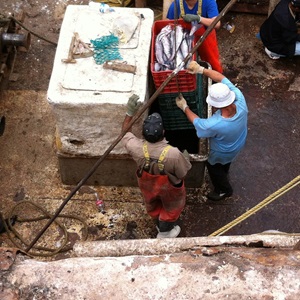
Gulf of California Hake trawl: Improving sustainability and management
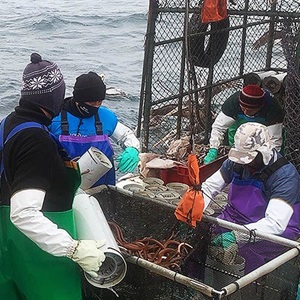
North Peru eel trap fishery: Improvements in practice and governance
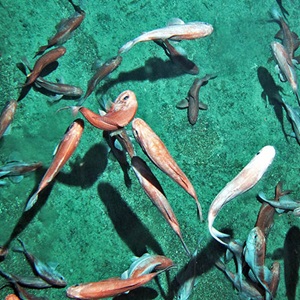
New Zealand orange roughy: Age models and Harvest Control Rules
